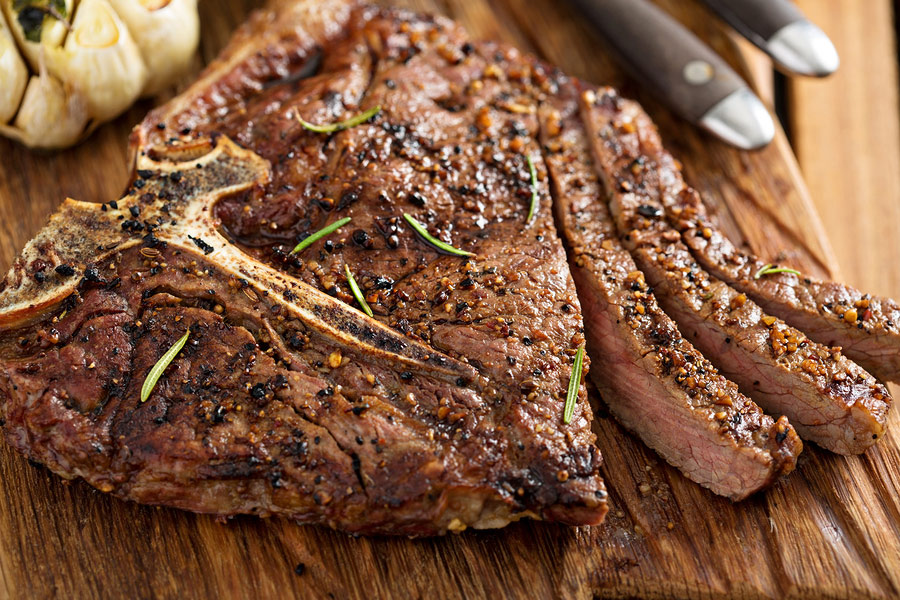Foods To Avoid During Menopause

Credit: Bigstock
Avoid: high fat foods
One of the unfortunate side effects of menopause is weight gain. Some women gain up to 15 pounds in just the first two years of this change of life. Cutting back on fatty foods can help fight this frustrating symptom.









